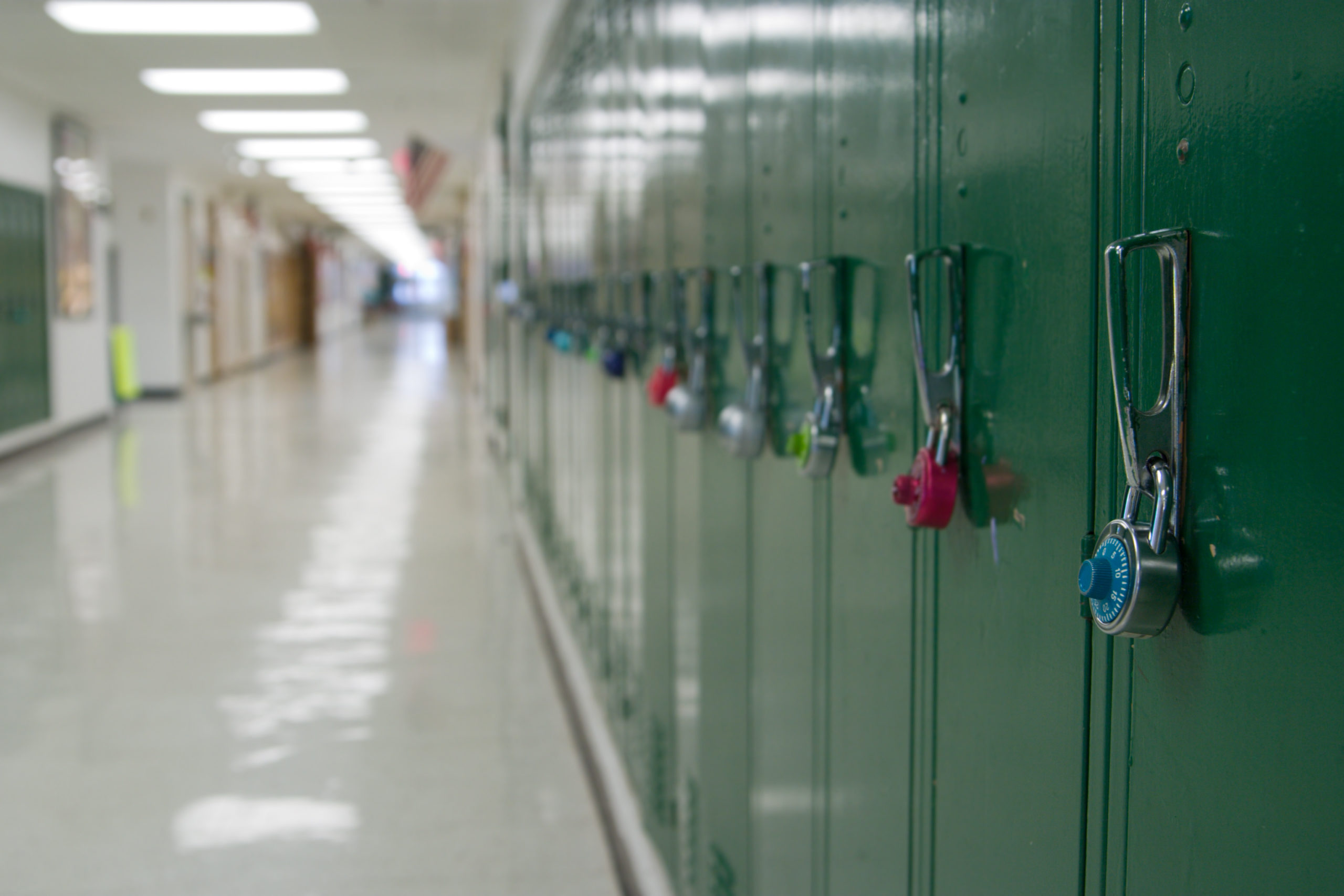Abortion rights, women of color, and LGBTQI+ people are under attack. Pledge to join us in fighting for gender justice.

Many schools and districts currently spend money on school policing programs with the help of federal funding, but no federal law requires schools to hire school police officers. And in fact, students across the country report that school police officers often do not make them feel safe. Instead, police presence in schools leads to increased exclusion from the classroom and criminalization of students, especially those of color. Black girls, in particular, are disproportionately impacted by police in schools.
In the 2017-2018 school year, Black girls were three times more likely to be referred to law enforcement and four times more likely to be arrested in school than white girls.
When schools rely on school police, they contribute to school pushout and the school-to-prison pipeline as well as create an overall negative learning environment. Also, school police officers too often discipline students in discriminatory ways. Under federal civil rights laws, students have a right to an education that is free from discrimination on the basis of characteristics such as race, sex, and disability. These laws are enforced by the U.S. Department of Education (ED) and, in some cases, the U.S. Department of Justice (DOJ). Schools that violate these rights can lose federal funding and face other penalties.

